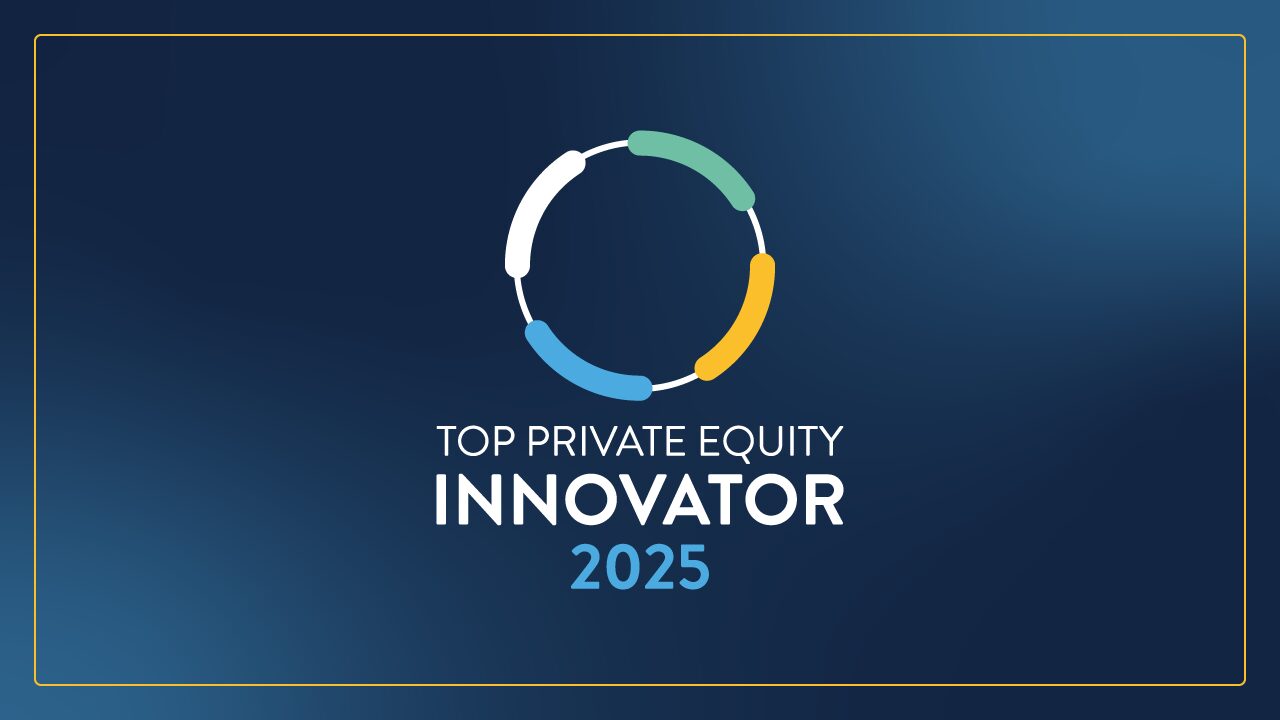Charlie Gifford co-founded private equity firm New Heritage Capital in 2006, and has been investing in founder-owned, lower middle-market businesses for 22 years. He leads the firm’s origination practice, focusing his efforts on generating new investment opportunities and developing and maintaining intermediary relationships. In addition to his passion for the New England Patriots, Gifford is a strong believer in the concept of capital-and-thought partnerships for the companies in which his firm invests. The result: incentives for both founders and investors pointing in the same direction.
I caught up with him to get his take on everything from identifying the right-fit investments and what makes a great partner, to why expertise matters and the opportunities ahead for PE in 2022.
Sean Mooney: You co-founded New Heritage Capital in 2006, what was the genesis of founding the firm?
Charlie Gifford: I met my two current partners in 1999 while working for our predecessor firm. As that firm grew and began to move upmarket, the three of us were still interested in partnering with founder-owned businesses that had yet to access the institutional capital markets. Furthermore, we wanted to continue the model from our predecessor firm—one that incentivized all-star founders to stay on board for three to five years to help us grow the business. We wanted to be a capital partner and a thought partner to these founders. So, we essentially do an equity recap where the owner’s met their liquidity objectives, but we also allow the business owner to remain in control. Of course, the ultimate goal is to achieve superior returns for our investors, and we inherently believe the best way to do that is to identify bullish founders—owners who are interested in maintaining control post-close, and who are motivated by what we call “long term greed,” not just “short term greed.”
SM: You have a unique approach to investing called The Private IPO®—can you talk a bit about that, and how it’s differentiated from other forms of investment?
CG: I always like to point out that in the public markets you wouldn’t want to invest in a company where all the board members and executives are selling their shares. But in private equity, this is the standard model. A company gets acquired and as soon as a day later all the key executives can be laid off. This is counterintuitive to how great companies are built. We think it’s better when the founder is voting with their wallet and not their feet. In this way, we attract a self-selected cohort of maniacal owners who want to stay on board, want to remain in control, and are dedicated to growing their business.
In our Private IPO® solution, we provide significant up front liquidity for founders but also let them keep more control and earn a big piece of the upside. The founders we partner with come for the control piece, but they stay for the equity structure on the backend. If the business meets its growth targets, then they get a huge equity stake on the backend. As their partner, we help them to develop a growth strategy that allows them to double, triple, and even more in size, maximizing that backend equity value for everyone.
SM: What do you look for in a good investment, or partner? In other words, how do you identify founder-owned businesses that are the right fit for both New Heritage and the founder-owner?
CG: Interestingly, one of the very common traits we see in our partners is the individual that has worked at a large strategic competitor in their industry. They have grown a little skeptical about the prospects of growth: perhaps the company has taken their eye off the ball, isn’t innovating, or doesn’t treat the employees well. These founders have identified a clear market opportunity, so when they spin out of their current company they immediately begin to take market share by offering a better service or product. This new company is more nimble and meets the needs of their customer base more effectively.
SM: How do outside experts and advisors play a role in your business?
CG: If we look at the concept of market efficiency (where we are now versus 1999) there used to be no such thing as market networks. PE funds were left trying to figure out every detail out and conduct diligence on their own. The market is extremely competitive right now, particularly in terms of full-time talent; but the ability to call on BluWave for specialized project needs or interim executive talent means you have a better shot at not getting beat to the punch. In general, we are all attracted to growth, strong management, and industry tailwinds; but without the ability to get smart fast, it’s near impossible to be competitive.
SM: The pandemic certainly changed business as usual. What is the biggest lesson you’ve learned from the past two years? How has it affected your future outlook?
CG: One of the benefits of being a 15 person firm, many of whom have worked together for over a decade, is that there is a real comfort level in being candid, and a true sense of “all for one and one for all.” Everyone at the table has a voice. Our approach is collaborative and collegial. So, when the pandemic hit, we worked remotely for six months; but people wanted to come back to the office as soon as it was safe to do so. We inherently believe that this is an apprenticeship business and you learn by watching and doing. As for the future outlook, we think it’s bright. Our companies managed through COVID very well and the resiliency of the private markets has been incredible. We see strong earnings and strong deal flow in 2022.
SM: What are some major PE themes you’ve seen in 2021 that you think will have implications for next year (and possibly beyond)?
CG: For starters, PE will likely continue to pay up for good companies, and will be forced to close quicker with fewer contingencies. But I am just waiting for the music to stop, because things cannot go up and to the right forever. Having said that, it does say a lot about our country that our economy is still robust given all of these economic challenges created by the pandemic.
One common refrain we will continue to hear is the difficulty to attract workers and rising cost of labor. Due to this “missing middle”, prospecting and rainmaking has suffered somewhat, because everyone is working tirelessly on the necessary tasks to close deals in advance of year end.
SM: Now for the most important question: How do you really feel about Tom Brady leaving the Patriots?
CG: When you’re talking about the GOAT it’s hard not to wish him well, given the fact he always did what was in the team’s best interest by accepting a below-market contract. What he’s accomplished is truly remarkable. That said, I’m a Pats fan first and a Brady fan second, and now Belichick seems to be having the team playing it’s best football of the season around the holidays after a rough start– a true telltale sign of a Belichick coached team. It looks as though America’s worst nightmare is back…without Brady this time.


